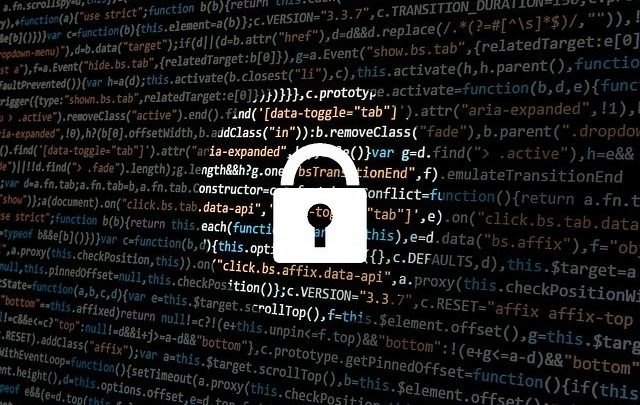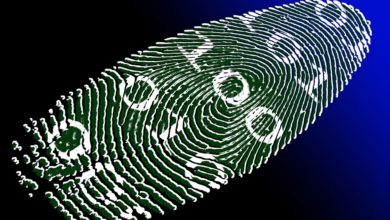Security
Cryptojacking: Prevention and Detection Tips

Cryptojacking might sound like a term you’d hear on board the deck of the Starship Enterprise, but it is actually one of the most ingenious and particularly nasty ways that cybercriminals can use malware to turn your computer into a device of their own purposes. Without the right defenses in place, your computer can end up being just a cog in a money-making machine for another person.
What is Cryptojacking?
Cryptojacking is a term used in the mining of cryptocurrency. Cryptomining is a legitimate business where users allow their CPU power to solve complicated mathematical problems to earn a Proof of Work, which verifies a transaction in the blockchain.
Cryptojacking is the process of illegally taking control of someone’s computer and using it to mine and get paid in bitcoin.
READ: Cryptocurrency and Cyber Threats: Why You Need to Make a Move
How does Cryptojacking software get on my computer?
Hackers attach cryptojacking tools to browsers using Javascript. When a visitor comes to a website, the miners are implanted onto their machine, and the crypto mining starts.
It will stop temporarily when the user leaves the website but will start trying to open secret new windows in the future to make your computer part of the process of crypto mining. This will eat up significant amounts of your CPU whether you are using the machine or not. This will affect your electric bill as the computer sucks up a lot of energy to perform these tasks non-stop, especially when it realizes you are not active on it.
Other than the power bill spike, your PC might start being affected by the amount of heat it is generating to run so much. If your infected device is a smartphone or tablet, it could overheat to the point of breaking it from the extreme temperatures.
How to Stop Cryptojacking
The first step in stopping cryptojacking is to install quality antivirus software such as TotalAV on your computer. Antivirus software is built to identify when outside intruders trying to gain access to your system and will shut down attempts by malicious websites to install programs on your computer.
A second step is to use an extension that will block most common forms of Java, the software that usually allows cryptojackers onto your system in the first place. Java has had many difficulties over the years with malware embedded in its code. If you cannot get the extension to work, consider blocking Java altogether. You might lose some robustness at a few websites, but it will come with the knowledge that crypto miners can’t hack your computer.
Finally, make sure whatever version of Windows you are running is completely up to date. Security updates are vital for computers to function correctly and without fear. Cybercriminals are very aware of the fact that many people do not bother with updates from Windows because it can take a long time to update. This allows them to exploit computers where security is not at 100%. If the exploit is there, they can be inside your system quickly and for as long as they need be.



